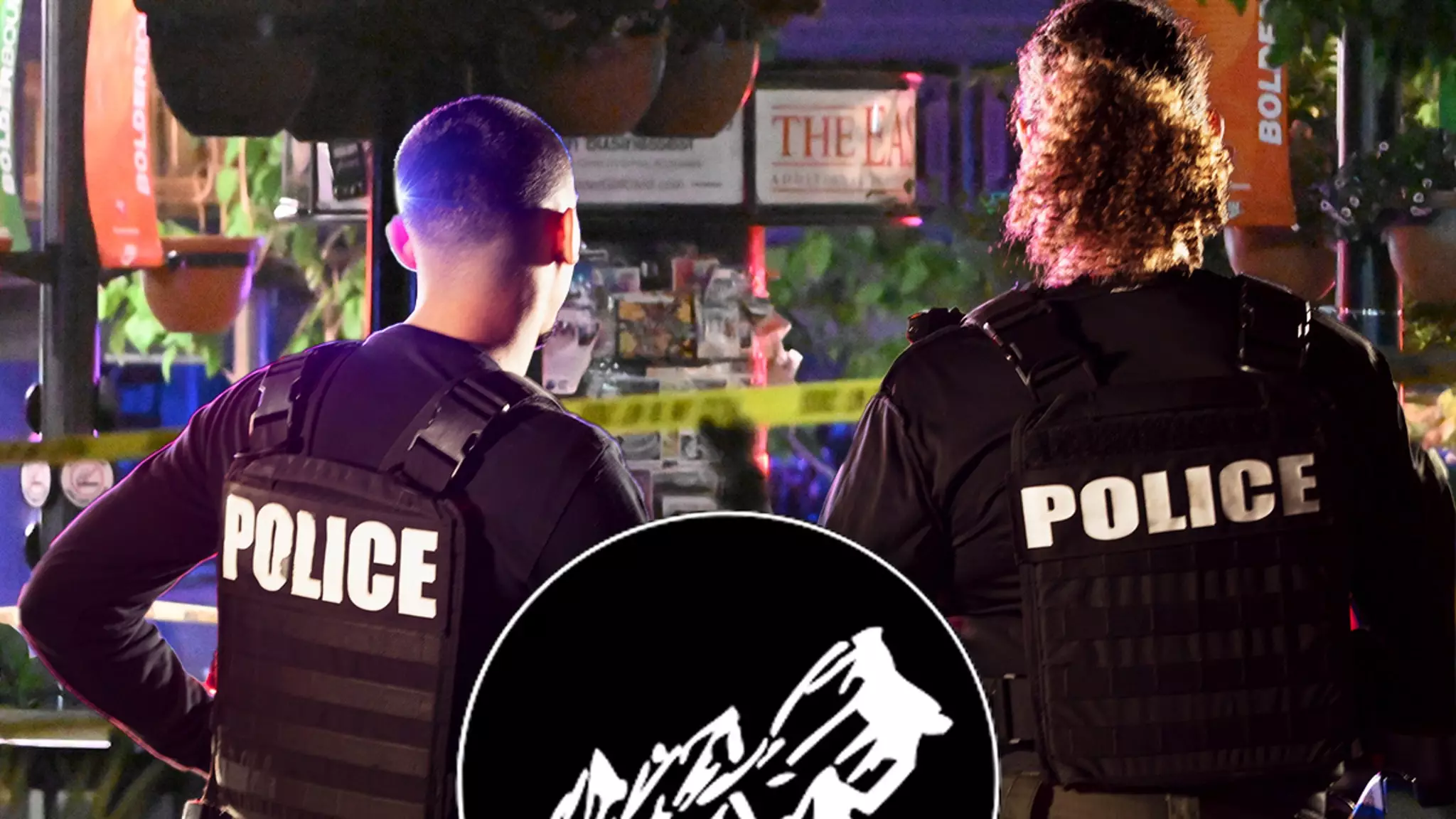The recent violent episode in Boulder, Colorado, that resulted in multiple injuries during a pro-Israel event has triggered profound outrage and concern about rising extremism. The suspect, identified as 45-year-old Mohamed Sabry Soliman, allegedly executed a brutal attack using Molotov cocktails and a makeshift flamethrower. This alarming incident occurred during a peaceful gathering known as the “Run for Their Lives” on Pearl Street Mall. The reported injuries — including one individual in critical condition — underscore the severe consequences of fanaticism.
The Profile of Extremism
Soliman’s violence, reportedly motivated by a shout for “Free Palestine,” raises questions about the nature of his motivations and history. While the case is still unfolding, his actions represent a disturbing trend of politically charged violence. Such incidents call into question the narratives surrounding protests and the polarized atmosphere that surrounds discussions about Israel and Palestine. It raises the unpleasant truth that a segment of society feels justified in resorting to devastating measures, irrespective of human life, in the name of political causes.
Legal Implications
Facing multiple charges, including first-degree murder and the use of incendiary devices, Soliman’s case could set a significant precedent. The classification of the attack as a “targeted terror attack” by the FBI not only illustrates the severity of the situation but also highlights an alarming increase in anti-Semitic violence in the United States. The legal proceedings will be closely monitored, given the potential implications for anyone found guilty of politically motivated violence. The criminal justice system must navigate a fine line between prosecuting violent behaviors while ensuring a fair trial—an endeavor that is inherently filled with complexities in such charged political climates.
Political and Social Ramifications
The aftermath of the Boulder incident has renewed discourse about community safety and the implications of hate-fueled violence. Various leaders and organizations are calling for active measures to combat this type of aggression. The case serves as a flashpoint for discussions surrounding the responsibilities of political movements and the potential for radicalization. It’s essential to recognize that such acts do not merely harm direct victims; they ripple through communities, sowing fear and mistrust among diverse groups.
The Role of Technology in Threat Assessment
With the rise of incendiary attacks like that seen in Boulder, law enforcement agencies are increasingly called to leverage technology to monitor and understand the motivations behind such acts. Social media platforms have become battlegrounds for ideological warfare, where extremist rhetoric can quickly escalate into real-world violence. Adequate measures must exist not only for public safety but also to facilitate constructive dialogue among conflicted parties, addressing grievances without resorting to violence. The need for collaboration between technology firms and lawmakers may be pivotal in crafting solutions aimed at understanding and mitigating these threats.
Through the lens of this shocking incident, the broader social and political issues surrounding radicalization and violence come into sharp focus. Society stands at a critical juncture; the responses to this event could either pave the way for unity against hate or continue the cycle of division and aggression.

Leave a Reply